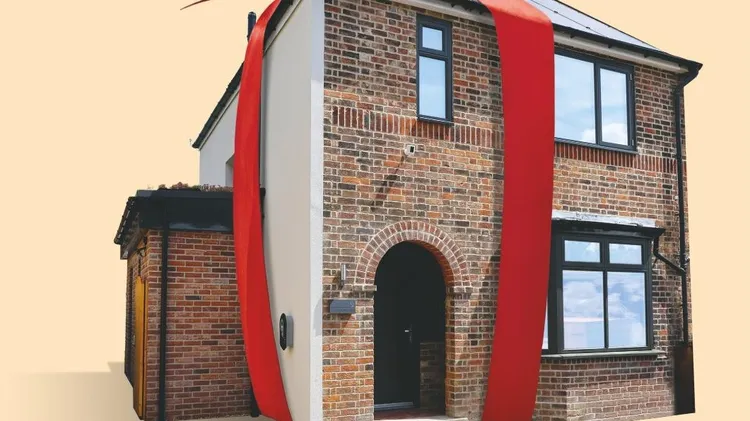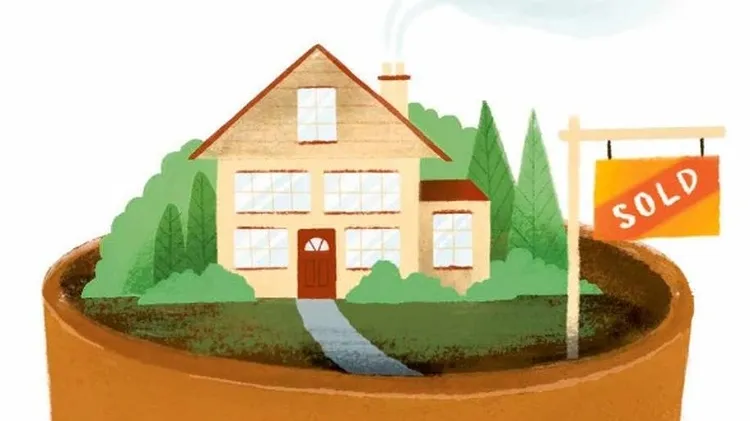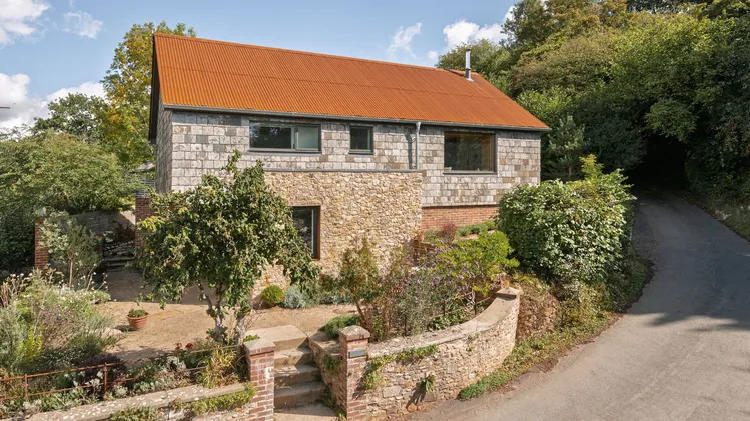Building more affordable homes is vital for the survival of rural communities
Nicola chester
2 min read
This article is from...
Read this article and 8000+ more magazines and newspapers on Readly






